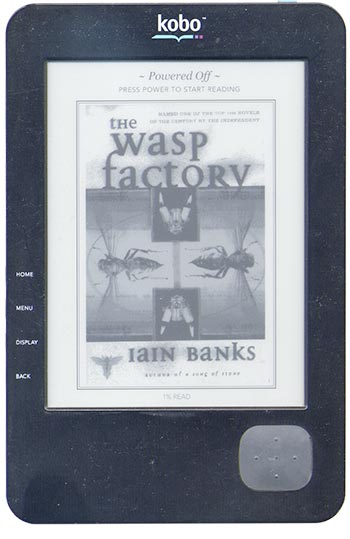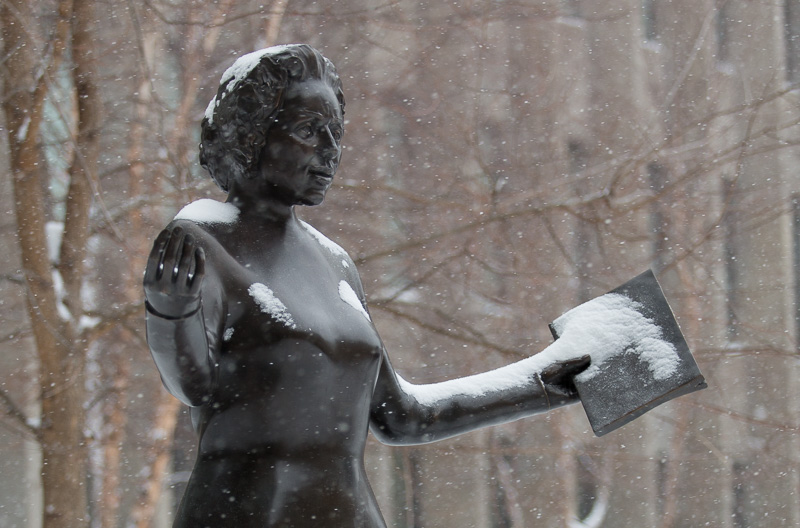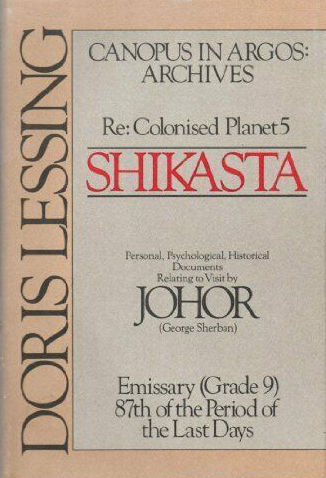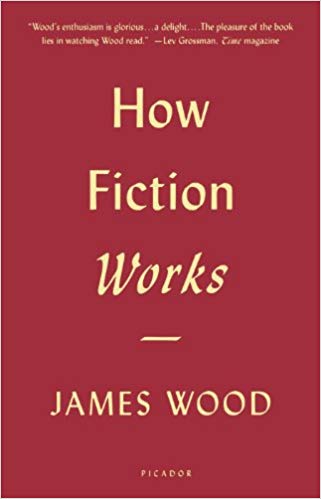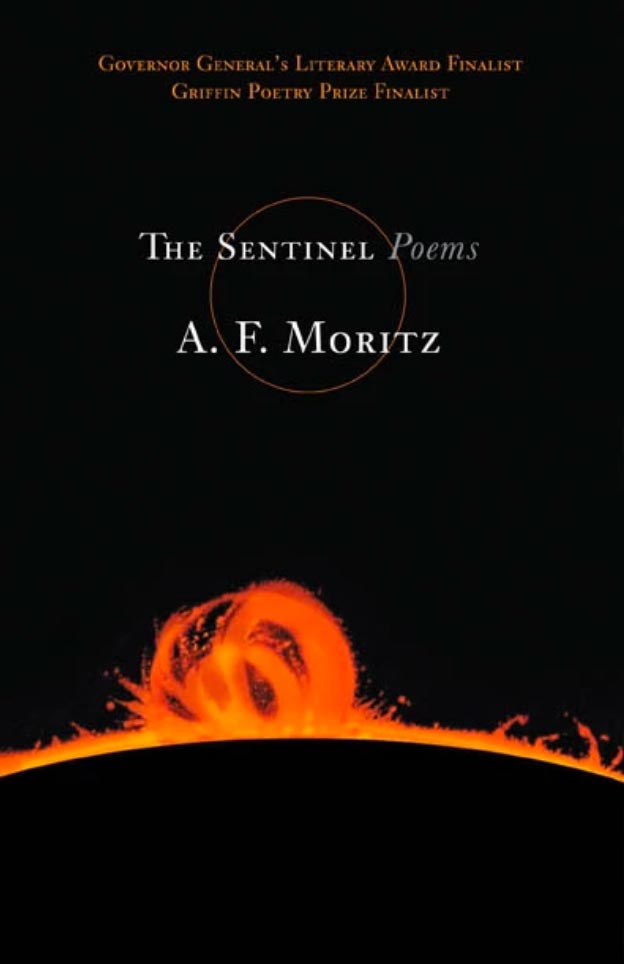In debates about copyright and piracy, one hears a lot from copyright law advocates on one side (tough laws, digital rights management, enforcement with teeth), and cultural libertarians on the other (broad fair dealing provisions, open source, lenient enforcement). However, one hears little from economists.
Tag: Reading
The World’s Most Boring Story
Explanations follow new phenomena like tails follow dogs, or so Dean claimed as he did his loquacious best to pitch the idea of a symposium to the chair of the English Department. Dr. Fenton was a portly man twice Dean’s age who had a reputation for driving his underlings to the point of collapse then stepping in to assume credit for their toils.
Full Catastrophe Reading
The title for this post comes from Jon Kabat-Zinn’s book, Full Catastrophe Living, a landmark piece on mindfulness and the art of living well. Why (I ask myself) can the same principles of mindfulness not also be applied to the art of reading well?
Did Doris Lessing Influence David Foster Wallace?
Did Doris Lessing influence David Foster Wallace? The question occurred to me as I read Lessing’s Shikasta, the first in her five-volume Canopus in Argos series of “space fiction” novels.
A Book I’ll Never Read
There’s a book you’ll never persuade me to read. Maybe you know it. A man has a stroke that leaves all his faculties intact but paralyses him except for one eye which he can blink. Using his blinks to indicate letters, he dictates an entire book — his memoir. Understandably, it’s a slim volume. After all, the man has had to measure his words.
From Narration to Perversion – How James Wood Thinks Fiction Works pt. II
This is the second post prompted by reading James Wood’s How Fiction Works. As I wrote previously, this is not a book review so much as a handful of supplementary comments and speculations. Go here for the first part of this discussion.
From Narration to Perversion – How James Wood Thinks Fiction Works pt. I
The literary critic, James Wood, strikes a fine balance in his book, How Fiction Works. Although it could, the book never strays into the purely theoretical (unlike I. A. Richards’ Principles of Literary Criticism which I looked at last week) or the mechanical (unlike Jack Hodgins’ A Passion For Narrative which serves as a manual for writers).
Review: Kobo eReader
Kobo, the offshoot of Canada-based Chapters/Indigo, released its eReader in Canada at the beginning of May and so I scurried out and bought myself one, reasoning that, at CDN $149, if it sucks, I won”t feel as bad as I did when I bought a Dell desktop computer.
Beyond Explanation
We tend to think of reading as an advanced form of cryptography. At least that’s the default approach for a rational soul like me. The poet has a thought or feeling he wishes to communicate, so he takes that thought or feeling and wraps it in a coded packet called a poem.
Dave’s Big Read
A meme has been floating around on facebook and in blogs that refers to a list of 100 books compiled by the BBC. Presumably they are must-reads.
Phonics
George Bernard Shaw advocated the use of a phonetic alphabet and even made provision for it in his last will and testament. What a sad little man.
